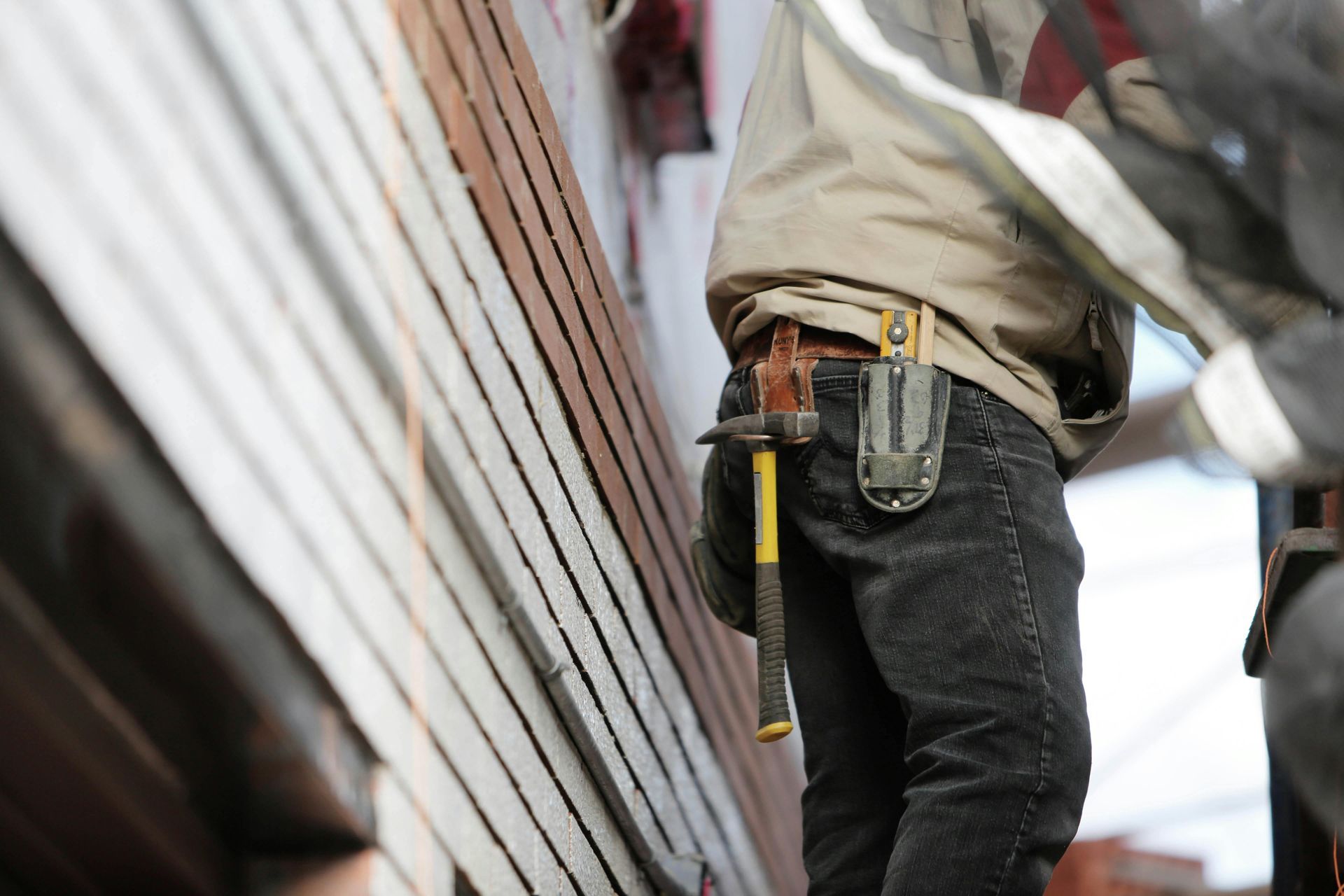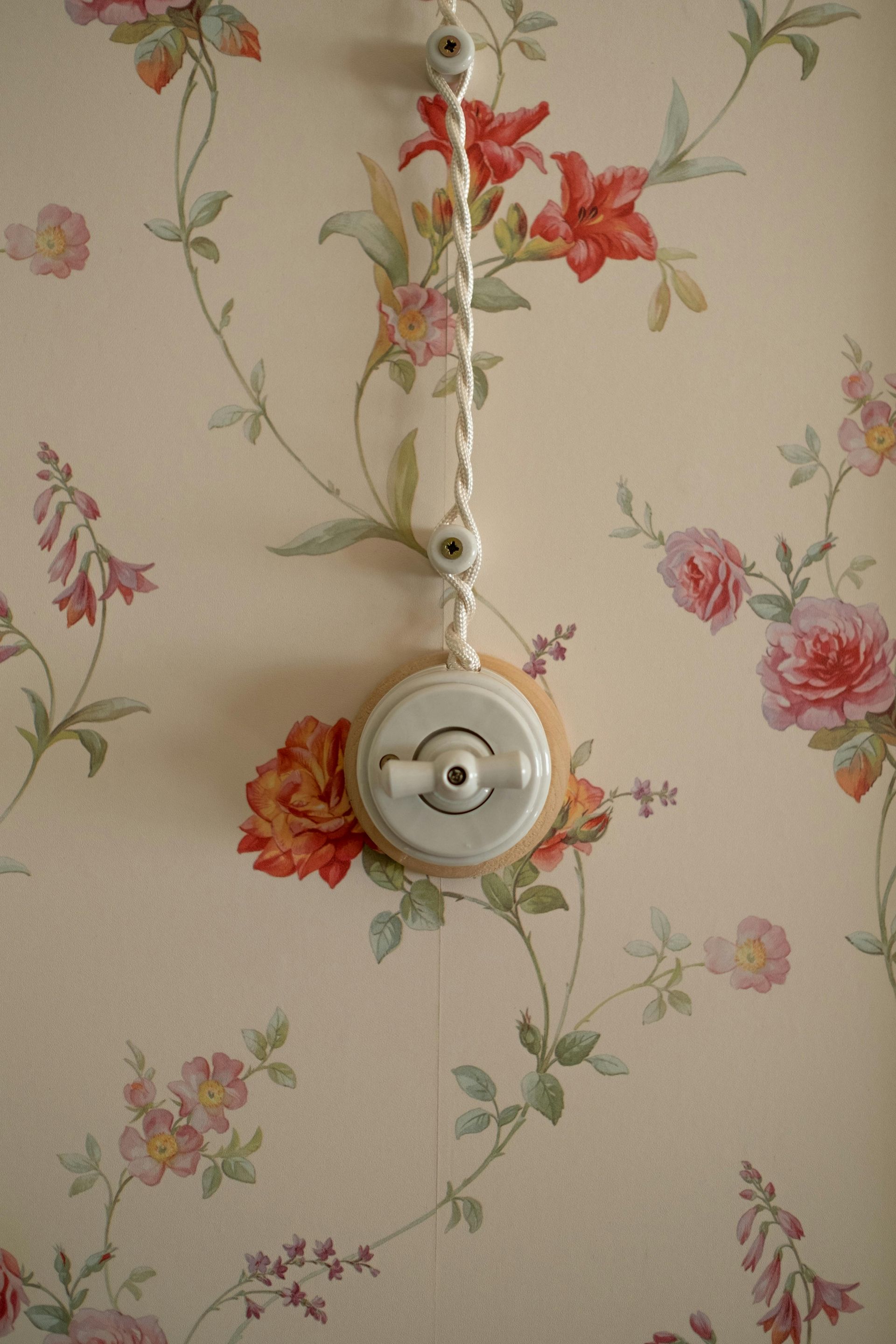Should I Put Solar Panels on My Home Extension?
If you are thinking about a home extension, whether it’s a loft conversion or adding extra living space on the rear or side, the question of solar panels often comes to mind. You are probably looking at scaffolding and lots of disruption in the house so maybe its a good time to add on the job of putting solar panels on the roof too!
Understanding the Basics of Solar Panels
Solar panels work by converting sunlight into electricity using photovoltaic (PV) cells. This electricity can power your home, cutting your energy bills and if you generate enough power with your panels you can even export power and get paid. With a loft extension or floor space addition, incorporating solar panels into the design can seem like an obvious choice to take advantage of the disruption and mess.
One of the key advantages of solar panels is their long-term cost savings. Over time, the initial installation costs can be offset by lower electricity bills and payback from exporting power. This can make solar panels a financially savvy investment in the long run.
Another significant factor is the environmental impact. Solar panels generate clean, renewable energy, reducing your carbon footprint. By incorporating solar power into your home extension, you’re making a conscious decision to contribute to a greener planet.
However, it’s not all sunshine. Solar panels require a suitable roof area for installation, and their efficiency depends on factors like orientation, shading, and weather conditions. This makes it crucial to evaluate whether your planned home extension is a good fit for solar energy.
Benefits of Installing Solar Panels on a Home Extension
When you’re already in the process of building or renovating, it’s the perfect time to think about adding solar panels.
First, installing solar panels during a loft extension or similar project can save you money. Since scaffolding is already in place for construction, you’ll avoid additional costs related to setting it up solely for solar panel installation later. The new roof can be designed with integrated solar rather than adding ontop of a traditional roof. This can make the process more cost-effective.
Second, a home extension often means increased energy consumption. Whether it’s new lighting, appliances, or heating systems, your energy needs will likely grow. Solar panels can offset this increased usage, helping you maintain or lower your energy bills despite having a larger home.
Third, a home equipped with solar panels often has a higher resale value. Potential buyers are increasingly drawn to energy-efficient and cheap to run homes, and having solar panels installed on a modern extension can make your property stand out in the market.
Lastly, integrating solar panels into your extension plans allows you to optimise their placement. Architects and builders can design the roof angle and orientation to maximise sunlight exposure, ensuring your solar panels perform at their best.
Key Factors to Consider Before Installing Solar Panels
Before committing to solar panels for your home extension, there are several factors to consider.
1. Roof Suitability: Not all roofs are created equal when it comes to solar panels. The angle, orientation, and shading of your roof will significantly impact the panels’ efficiency. A south-facing roof is ideal, but east- or west-facing roofs can also work with reduced efficiency.
2. Budget: While solar panels can save money in the long run, the initial installation cost can be significant. Be sure to factor this into your overall budget. Don't compromise on build for solar.
3. Energy Goals: Think about your energy consumption and what you hope to achieve with solar panels. Are you looking to power your entire home, or just offset the increased usage from the extension? Understanding your goals will help you choose the right system size.
Incorporating Solar Panels Into a Loft Extension
A loft extension is a popular home improvement project, adding valuable space and often enhancing property value. It’s also an excellent opportunity to consider solar panels.
The roof of a loft extension is typically new and customisable, allowing you to optimise its design for solar panels. However it might be a new flat roof which impacts the angle or mounting of panels.
Another big advantage of installing solar panels during a loft extension is the potential cost savings on scaffolding. Since scaffolding is already in place for the construction work, adding solar panels at this stage is more efficient and economical.
Loft extensions often involve skylights or dormer windows. While these features are great for natural light, they can reduce the available roof space for solar panels. It’s essential to strike a balance between aesthetics and functionality.
The Role of Scaffolding in Solar Panel Installation
Scaffolding is a crucial component of both home extensions and solar panel installations.
When you’re building an extension, scaffolding is typically needed to provide safe access for our trades. If you’re installing solar panels at the same time, the existing scaffolding can be used, saving time and significant money.
Is It Worth It?
Cost is a major factor in any extension project. Solar panels are no exception. So, is it worth the investment?
First, calculate the upfront cost of the solar panels, including materials and installation. This will vary depending on the system size and quality of the panels. Don’t forget to factor in potential savings from using existing scaffolding.
Next, consider the long-term savings. How much will you save on energy bills each year? This depends on your energy consumption and the efficiency of your solar panels.
Finally, weigh these costs against the added value to your home. A property with solar panels is often more attractive to buyers, which can make your investment pay off when it’s time to sell.
Environmental Benefits of Solar Panels
One of the other compelling reasons to install solar panels is their positive impact on the environment. By generating renewable energy, you’re reducing your reliance on fossil fuels and lowering your carbon footprint.
With a home extension, your energy consumption is likely to increase. Solar panels can offset this by producing clean energy, ensuring your renovation doesn’t come at the expense of the planet.
Another environmental benefit is waste reduction. By integrating solar panels into your home extension plans, you’re avoiding the need for future retrofitting, which can generate construction waste.
Is Solar Right for You?
Deciding whether to install solar panels on your home extension is a personal choice that depends on various factors. If your roof is suitable, your budget allows for it, and you’re looking to reduce your energy bills and environmental impact, solar panels can be an excellent addition.
By planning carefully and taking advantage of the opportunities presented by your loft extension or ground-floor addition, you can maximize the benefits of solar energy. It’s a decision that can pay dividends for years to come, both financially and environmentally.










AG Construction and Developments LTD (11736496) is a registered company in England and Wales. Our registered office is 2a Front Street, Acomb, York, United Kingdom, YO24 3BJ.

